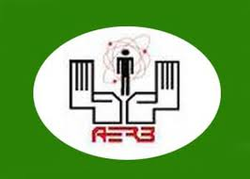Breaking news
Updated: Oct. 7, 2012 (Initial publication: Sept. 20, 2012)
Breaking news
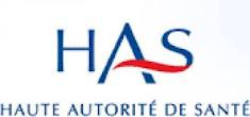
Updated: Oct. 5, 2012 (Initial publication: Sept. 18, 2012)
Breaking news
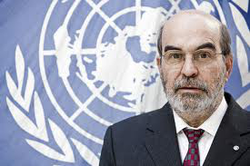
Updated: Sept. 25, 2012 (Initial publication: Sept. 25, 2012)
Breaking news
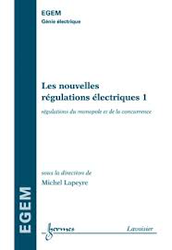
Updated: Sept. 20, 2012 (Initial publication: Sept. 24, 2012)
Breaking news
Updated: Sept. 18, 2012 (Initial publication: Sept. 19, 2012)
Breaking news
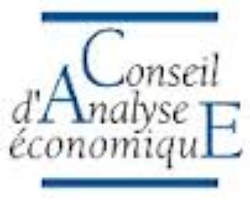
Updated: Sept. 17, 2012 (Initial publication: Sept. 13, 2012)
Breaking news
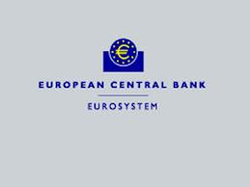
Updated: Sept. 17, 2012 (Initial publication: Sept. 13, 2012)
Breaking news

Updated: Sept. 17, 2012 (Initial publication: Sept. 12, 2012)
Breaking news
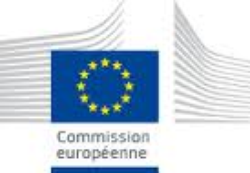
Updated: Sept. 17, 2012 (Initial publication: Sept. 11, 2012)
Breaking news

Updated: Sept. 17, 2012 (Initial publication: Sept. 10, 2012)
Breaking news
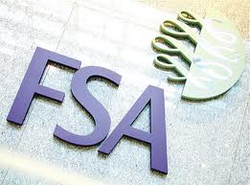
Updated: Sept. 17, 2012 (Initial publication: Sept. 9, 2012)
Breaking news
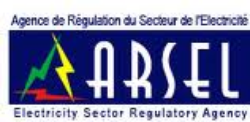
Updated: Sept. 17, 2012 (Initial publication: Sept. 8, 2012)
Breaking news
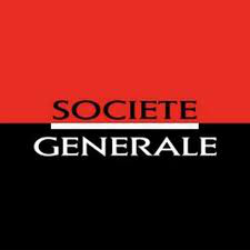
Updated: Sept. 17, 2012 (Initial publication: Sept. 17, 2012)
Breaking news

Updated: Sept. 14, 2012 (Initial publication: Sept. 16, 2012)
Breaking news
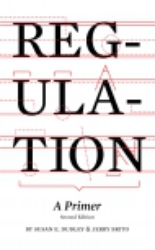
Updated: Sept. 14, 2012 (Initial publication: Sept. 15, 2012)
Breaking news
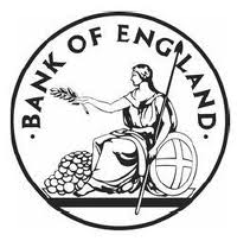
Updated: Sept. 12, 2012 (Initial publication: Sept. 14, 2012)
Breaking news
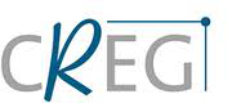
Updated: Sept. 11, 2012 (Initial publication: Sept. 7, 2012)
Breaking news

Updated: Sept. 10, 2012 (Initial publication: Sept. 6, 2012)
Breaking news

Updated: Sept. 10, 2012 (Initial publication: Sept. 5, 2012)
Breaking news

Updated: Sept. 10, 2012 (Initial publication: Sept. 4, 2012)
Breaking news
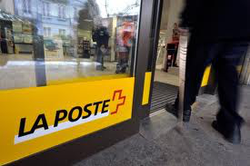
Updated: Sept. 10, 2012 (Initial publication: Sept. 3, 2012)
Breaking news
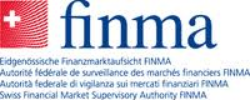
Updated: Sept. 10, 2012 (Initial publication: Sept. 2, 2012)
Breaking news
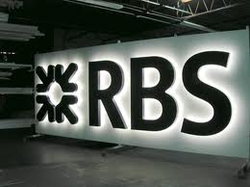
Updated: Sept. 10, 2012 (Initial publication: Sept. 1, 2012)
Breaking news

Updated: Sept. 3, 2012 (Initial publication: Aug. 29, 2012)
Breaking news

Updated: Sept. 3, 2012 (Initial publication: Aug. 31, 2012)
Breaking news
